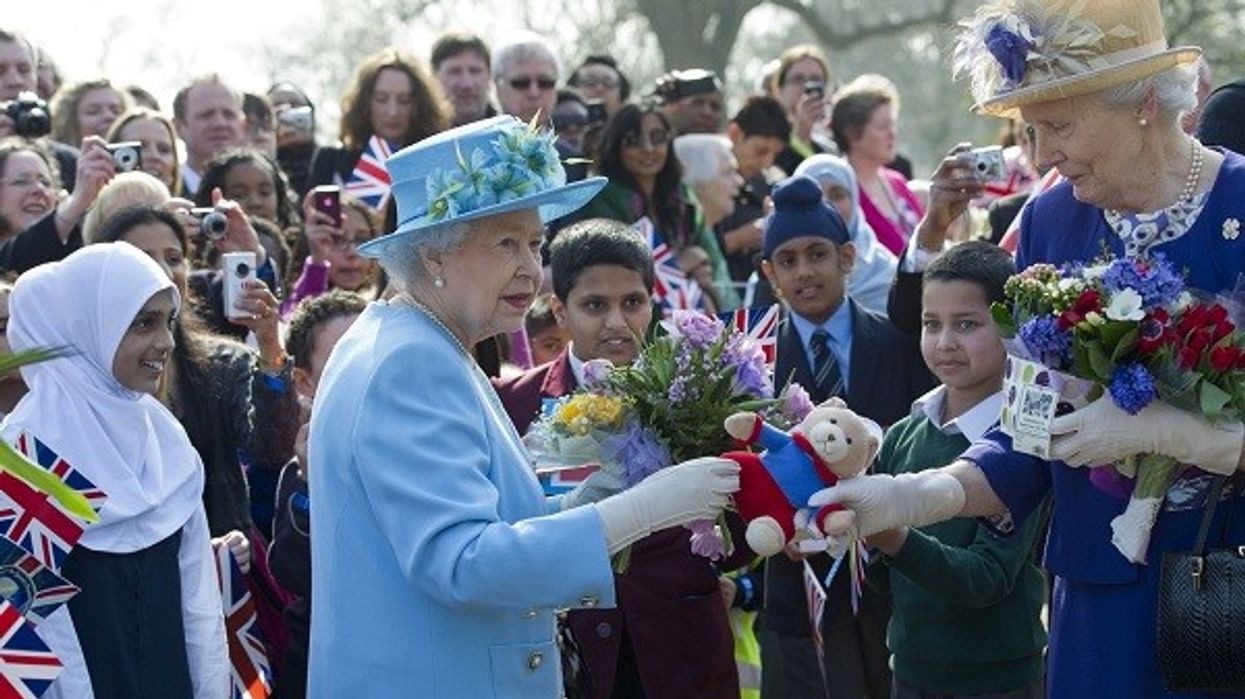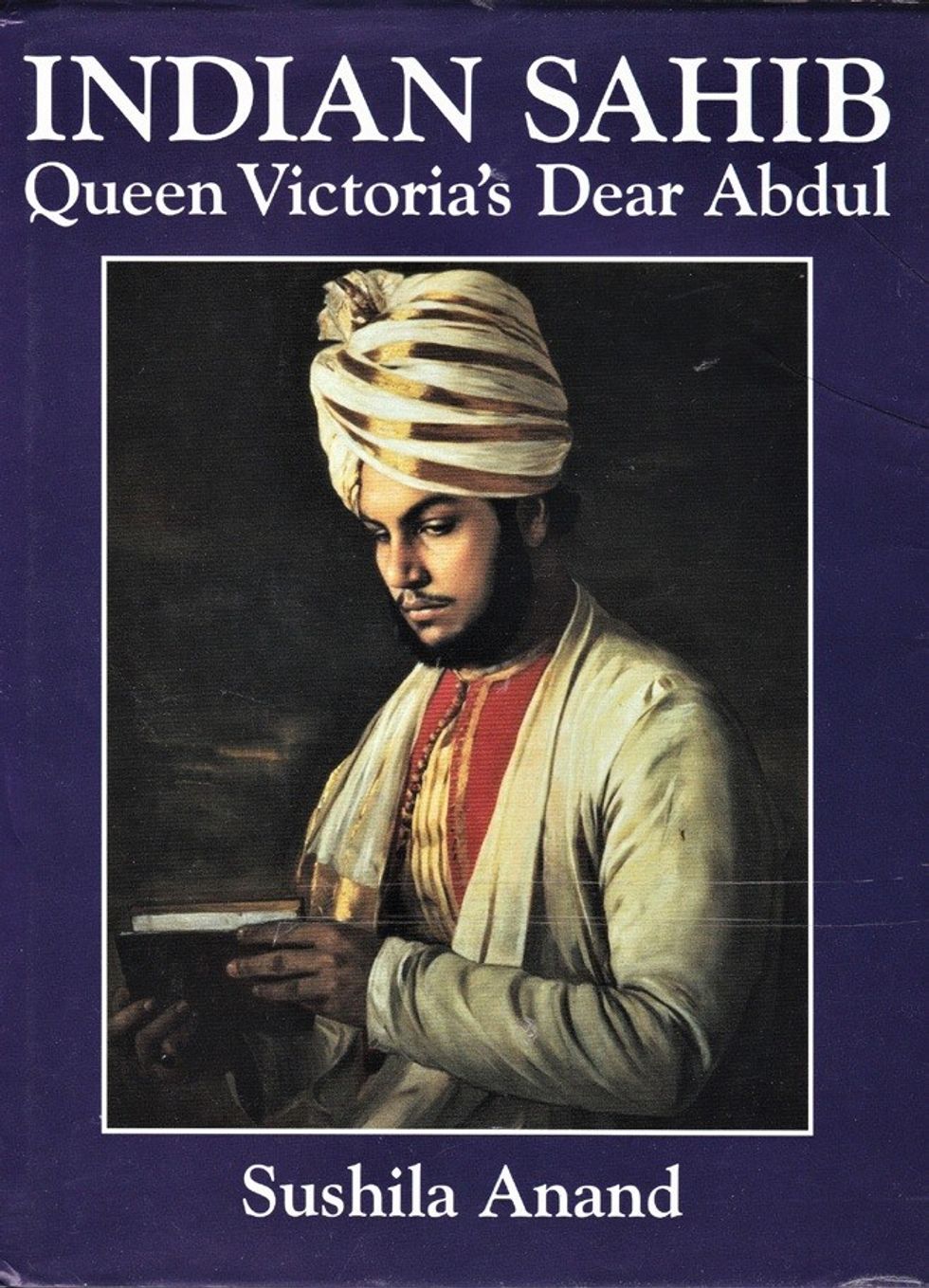By Amit Roy
THE royal family can demonstrate it no longer has a problem recruiting black and Asian staff by giving senior jobs to suitably qualified candidates – ladies in waiting, personal secretaries, senior press officers and the like.
Home Office minutes reveal that back in the late 1960s, “coloured immigrants or foreigners” could not be trusted to do even clerical jobs. If you weren’t white, you were considered good enough only to work as domestic servants at Buckingham Palace.
Employing non-white staff has always been a problem for the royal family. The Home Office documents brought to mind the jealousy that the Munshi evoked when Queen Victoria made him one of her most trusted advisers. Mohammed Abdul Karim arrived from India as a “gift” to Victoria and remained with her for 14 years until her death in 1901. Although he was meant to be a servant, Victoria promoted him, called him her “Munshi” (teacher) and had a go at learning Urdu from him. I have long considered Victoria to be a radical woman ahead of her time.
The lobby against the Munshi was led by her son. Once he succeeded her to the throne as Edward VII, almost his first action was to burn all his mother’s letters to Karim and deport him to India.
I first learnt about the Munshi, as I did about the spy Noor Inayat Khan, at least 30 years ago from historian Kusoom Vadgama. Sushila Anand, daughter of Indian novelist Mulk Raj Anand, gave me a copy of her 1996 book, Indian Sahib: Queen Victoria’s Dear Abdul, when I went to interview the author at her home in Primrose Hill in north London.
Sushila also showed me a copy of another of her books – Queen Victoria’s Maharajah: Duleep Singh 1838-93 – which she had co-authored with Michael Alexander. It seems class rather than colour has been the deciding factor for the British royal family, which has always been comfortable befriending Indian princes. The late Maharajah and Maharani of Jaipur, for example, were close polo playing pals of the Queen and Prince Philip.
But in modern Britain, would the Queen employ a sari-clad Indian woman as her Lady in waiting? When she first did a tour of the Commonwealth in 1952, she took with her Pamela, daughter of Lady Edwina Mountbatten, former vicereine of India. The top jobs have always gone to members of the British aristocracy. When Charles and Diana were first experiencing marriage problem, one of her sisters, Lady Jane Fellowes, was married to Lord Robert Fellowes, secretary to the Queen.
Buckingham Palace has probably felt that Asian and black staff could not be trusted to keep royal secrets. But a number of former press officers have made careers as commentators on royal matters. The Queen’s governess, Marion “Crawfie” Crawford, was cut off in retirement after penning a harmless memoir, The Little Princesses. If employing black and brown people can prove a problem, one can only imagine the psychological adjustments required to accept someone like Meghan Markle into the royal family. Back in the 1960s, she would have been eligible to apply for a job, say, as a waitress or a cleaner.
But to be fair, in the last half century British society has moved on and so has the royal family. But it is still unlikely that even the younger royals have any British Asians or Afro-Caribbeans in their close circle of friends. And this extends to royal reporters on national newspapers who are mostly white. Pakistani-origin Martin Bashir committed two crimes – use dodgy documents to wheedle his way into Diana’s presence, and getting a huge scoop by landing an exclusive interview with the Princess. He should have kept to his station in life. He would have been fantastic as a footman.
But to be serious, the royal family, which is progressive when it comes to international affairs, will continue to play a central role in the life of this country for decades to come because the vast majority of people desire it to be so. But the royal family also has to be seen to be preparing for life in a multicultural, multi-ethnic, multi-religious United Kingdom. Disclosure of the colour bar on staff has been very damaging.





